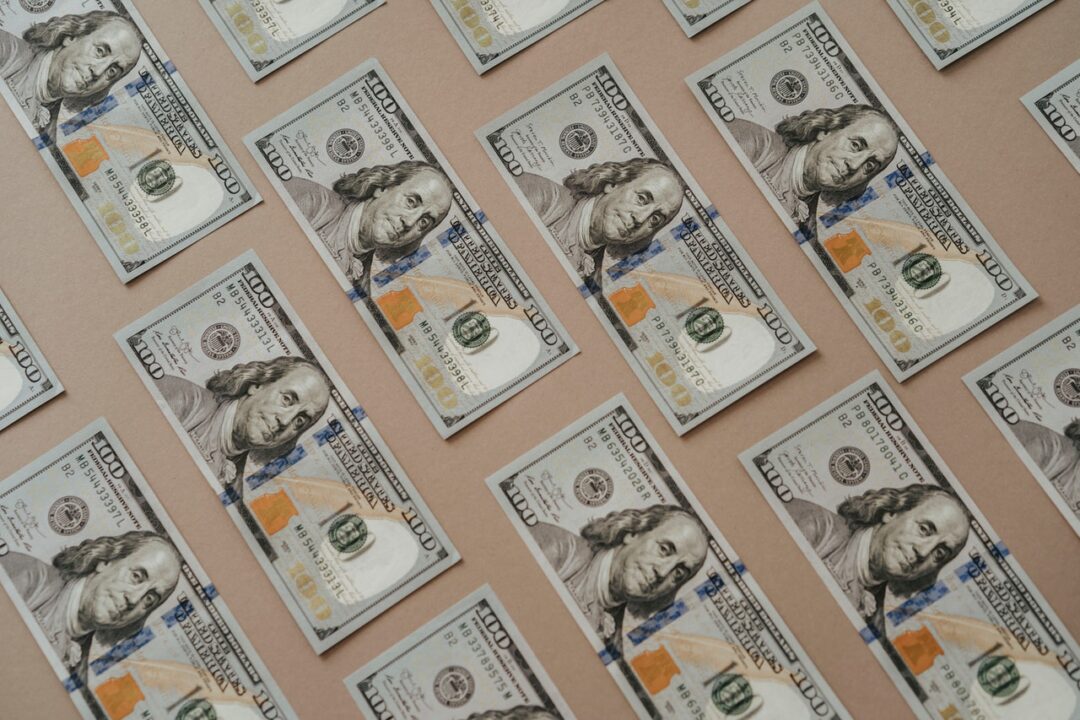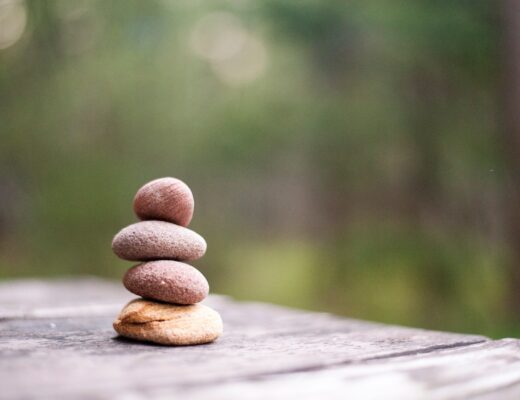Created by Mike & Mollie. Subscribe to our blog.
The message of consumerism is fatally flawed, and it cannot deliver the happiness it promises.
But you probably don’t consider yourself a consumer— few people do. I never really did. But here in America, the message of consumerism is in the air we breathe.
If you have it, spend it. Why not?
If there’s a problem, money can solve it. Of course!
Most of this arrives to our eyes and ears via advertisements and influencers, but it’s also reinforced by the movies and tv shows we watch and even by our friends and neighbors.
Beliefs matter
Spending money isn’t really the problem, but rather the beliefs that are driving you to spend. There are many ways to spend money that can add meaning and beauty to your life.
The problem is a particular belief about money that is deceptively untrue…
My wife and I still talk about our first year of marriage as the best of our pre-children years, even though we lived about as frugally as you could imagine within our context. No internet (we walked to the library), no gifts, no eating out, just simple meals in a small apartment.
But our simple life was rich with time and new friends and cheap adventures. And because we hadn’t raised the bar of expectations so high, we could enjoy even the simplest of pleasures that others might overlook.
Unfortunately, I did carry a common belief with me through those years— that more money could make things even better. It would at least give us more options. And options are good, right?
Another decade of life and experiences have not lent a single ounce of support to that belief. I now know it was a defective view of the world, and one that could make things worse.
Doing the math
It would make sense, on the outset, that if you are happy already adding more money into your life would be a net positive. Keep the happiness you have now, and add the positive optionality of money, right?
Of course, I knew the richest people in the world weren’t the happiest, but I figured this was simply because they got carried away or didn’t know how to spend the money on the right things.
But what I failed to imagine was that adding more consumption comes with predictable costs.
For example:
Consumerism raises the bar of expectations. Once you’ve had the internet, tv, or smartphone, life without these luxuries seems hard to imagine. Once we have something, we get used to it, and expect it. The initial pleasure it brought us doesn’t last at the same level, but simply becomes the new minimum.
Consumerism displaces the parts of life that really matter. Consumerism doesn’t just demand our money, it wants our time and attention, too. We don’t just buy stuff, we daydream about the stuff we’re going to buy next, we read reviews about that stuff, and then we have to maintain that stuff and fix it when it breaks. Sometimes we worry that our peers have better stuff than we do, and so we work harder and longer hours to buy more stuff.
All of this attention given to things we don’t really need displaces time that could be spent on truly living and enjoying what you already have.
Why choose less
OK, so maybe more spending comes with a few downsides, but given the option to inherit a million dollars or to live with less than we have now, we’d nearly all choose the former, believing it to be the path to a happier life.
Why?
Just as we fail to imagine and calculate the true costs of choosing more, we fail to imagine the benefits of choosing less.
When I choose to consume less, I’m not choosing a life that is boring or lacking in pleasure. Not at all. In fact, my main argument for a less consumerist way of living is that it is simply a more beautiful way to live.
Rejecting consumerism gives you back your time for what is truly important.
With less stuff and fewer distractions in your life, the first thing you’ll be gifted is a wealth of time. I use the word wealth strategically, because at the end of your life, it is the only investment that will have mattered. How are you going to use it?
For our family, this has meant prioritizing relationships.
It has also meant trying to align our whole lives with what we believe to be true and good and wise.
And then, finally, we fill up some of our life with the kinds of pleasures that money can’t buy, because what they require is unrushed time. Enjoying these innocent pleasures like reading a book, going on a walk, laughing with friends, cooking a favorite meal, or playing games fills us with gratitude. We’re reminded that we have everything we need already.
Rejecting consumerism gives you back your money.
It’s perhaps ironic, that as you pull yourself away from the desire to consume more and more, you may find yourself with more money. The very thing which used to be the fuel for your consumption.
What to do with this excess money?
Give it away! There is far more happiness to be found in giving than in securing more and more for yourself.
Use your money to make friends for yourself by living a life of generosity and true hospitality. Cultivate compassion by meeting the needs of those around you. Give it to organizations in your community or abroad who are doing amazing work.
As you release your hold on money, you will find your life filling up with a richness that you never anticipated.
Rejecting consumerism increases your capacity to enjoy.
Many of the pleasures of consumerism are like the pleasures of a healthy, but delicious home-cooked meal. As a child, I could never have imagined that the subtle and acquired taste of roasted vegetables would ever win out over the immediate gratification of a happy meal.
But now, as an adult, I’ll take the wholesome meal 99.9% of the time.
When we get ourselves off a diet of convenience, instant pleasures, and immediate consumption, we find that our ability to enjoy the nuances and complexity of life’s simple pleasures has been enhanced.
Rejecting consumerism brings new pleasures that are durable and lasting and grow sweeter with time. And that is something that money cannot buy.
🌿 Introducing, Declutter Your Life, a premium newsletter with monthly challenges to help you live a less cluttered life– inside and out.




